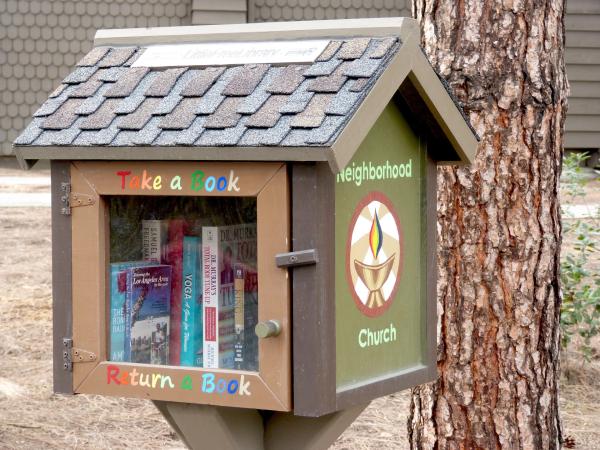“As of this past April, under a provision of the 21st Century Cures Act, health care providers are required to give all their patients electronic access to most kinds of medical notes. Patients previously had the right to ask for their medical records and test results, and some other documents have been available through electronic portals. But the fact that any patient can now log online and see clinicians’ notes represents a sea change — for patients and clinicians alike.”
This article made me feel more like the curmudgeon I may be becoming. I am all for sharing my notes; I am not for altering my language to make those thoughts “more accessible,” i.e., jargon-free. I am especially not interested in filling them up with boilerplate explanations (driven by easy keystrokes and later to be incentivized by administrators) that clutter up the page with information not helpful to physicians. Maybe it is a brawl in my mind between the notes being for my needs and those of the patient – we are not, in the parlance, completely aligned.
From Stat, Clinicians open their notes to patients in a grand experiment in medical care
Does theory proceed or follow from successful practice? Do we need to understand the concept of a wheel before we create it? (Spoiler alert, the answer is no). But surely, we are more sophisticated today than those early inventors. Consider this,
“In their long-running effort to defeat cancer, medical researchers have made a startling discovery: A lot of the time, they have no idea how their anti-cancer drugs work. And, strange as it may sound, that is actually great news for future therapies.”
From Nautil.us, Why We’re a Lot Better at Fighting Cancer Than We Realized A look at how we might team up AI’s pattern recognition and CRISPR CAS-9 to explore the biological possibility.
And another piece from Nautil.us this about the on-again, off-again belief in the Wuhan lab leak, When a Good Scientist Is the Wrong Source. We will never know the source of the virus because China, whether guilty of a leak or not, is obfuscating.
“It’s standard practice in science journalism to seek confirmation of key facts from experts who are not directly involved in the research that lies at the center of any given story, the reporter’s equivalent of peer review. That’s what Wade needed, a source that could transform his long chain of inference, his series of ifs and assertions about what evolution can and cannot do, into a statement that (to use Isaac Newton’s phrase) 'cannot fail but to be true.'”
As a dedicated foodie and scientist of sorts, surgery is an applied science; after all, I read Harold McGee’s first book on the chemistry of foods. Many years later, he has written another book in which he investigates smells, suitably entitled Nose Dive. So my interest in the nose and our sense of smell has heightened, especially this year as COVID-19 often involves the loss of smell. In any event, some new work on the underlying mechanism by which we perceive odors alters our thinking about the traditional lock and key mechanism we all grew up believing. From Quanta, Secret Workings of Smell Receptors Revealed for First Time




